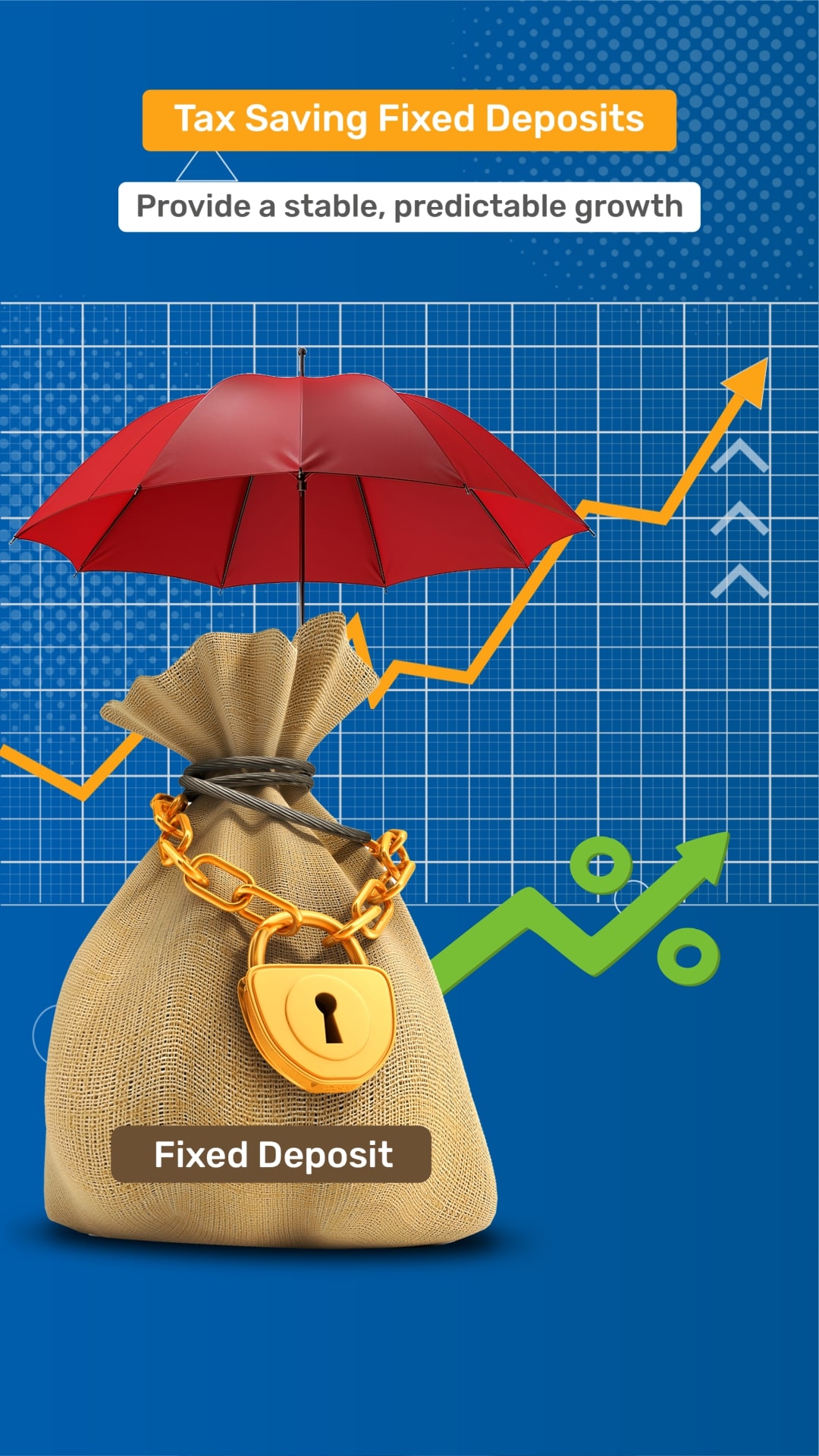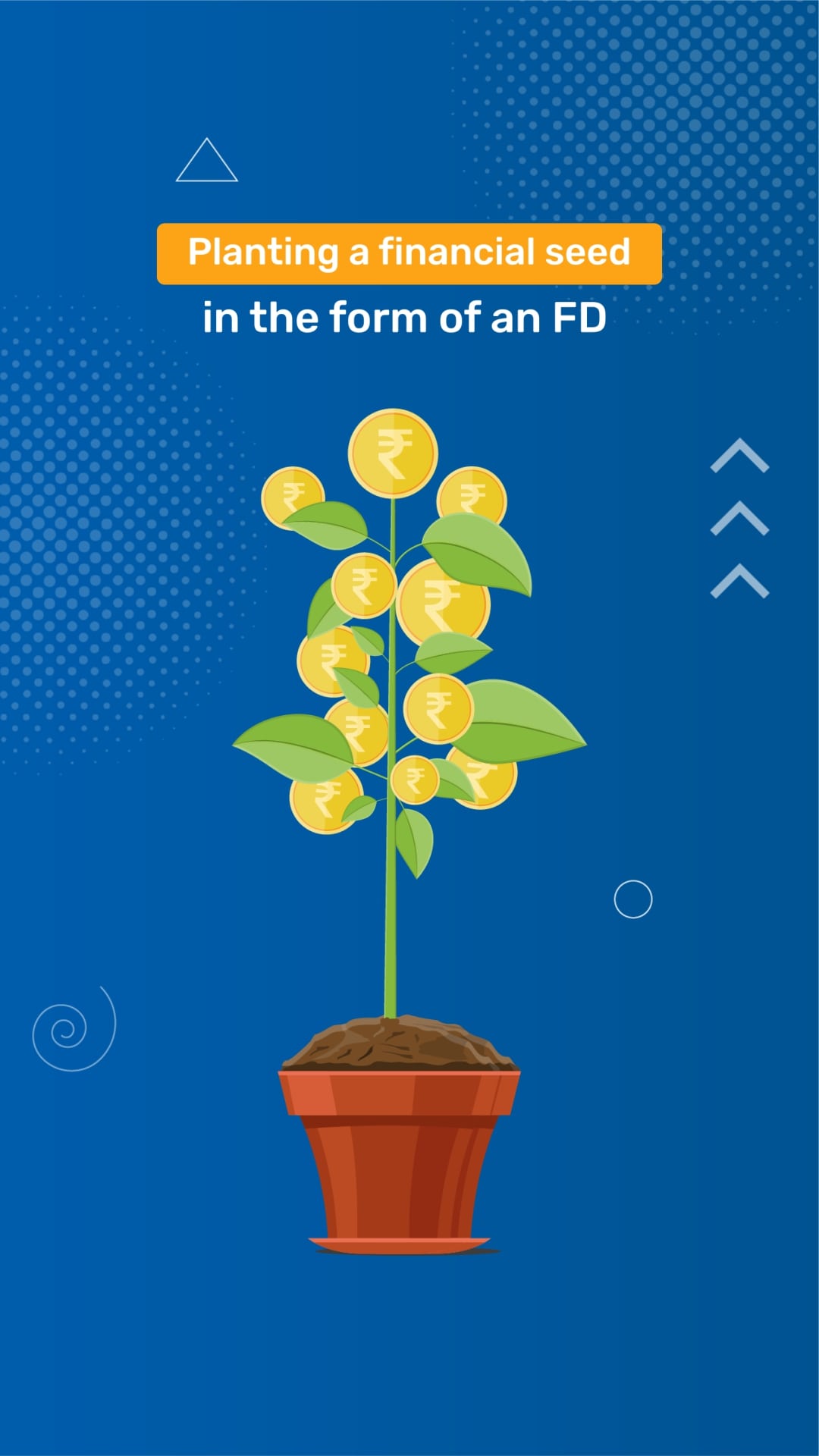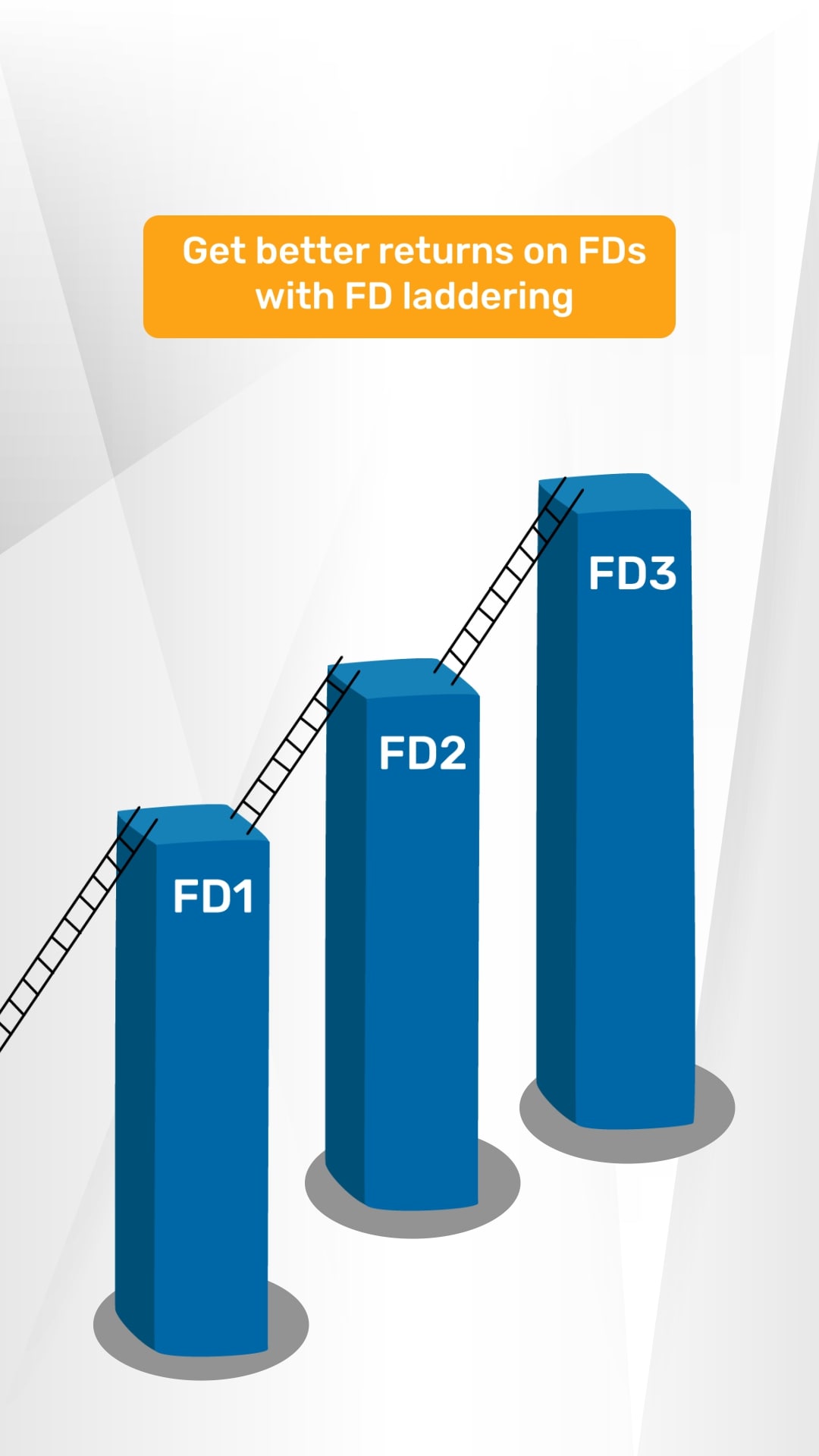Fixed Deposits Explained: An Age-old Investment Option
Fixed deposits are one of the most time-tested investment options that could offer a safe place to grow your money. In this video, we’ll explore how FDs could be a reliable choice for both short-term and long-term goals.
We’ll start by explaining the basics of FDs. How they allow you to invest a fixed amount for a set period in return for guaranteed interest. Fixed Deposits could offer a higher interest rate than regular savings accounts. They could also provide options for cumulative or non-cumulative interest pay-outs that might provide flexibility to suit different financial needs. They could be considered if you’re seeking low-risk, steady returns.
We’ll also cover the range of FD tenures, from a few months to several years. We’ll talk you through how to select one based on your financial goals. Additionally, we’ll discuss tax-saving FDs, which may offer deductions on your principal investment. This might add a tax-efficient edge to your portfolio.
By the end of this video, you might be able to understand why FDs remain a classic choice for growing wealth. Whether you’re saving for a rainy day or looking for a reliable way to earn interest, fixed deposits could be a rewarding option.

Key Takeaways
Fixed Deposits or FDs are a type of investment option that might help grow your savings steadily
By placing a set amount for a specific timeframe, FDs could provide predictable returns at the end of the term
FDs usually offer better interest rates compared to standard savings accounts that could potentially increase your earnings
You might have a choice between accumulating interest until maturity or receiving it periodically, allowing for flexibility
FDs are generally low-risk investments, which could make them suitable if you’re looking for consistent, stable returns
With durations ranging from a few months to several years, FDs could support both short-term needs and long-term plans
Certain FDs come with tax-saving benefits, which may help reduce tax liability and add efficiency to your investment strategy
Be it for emergency savings or dependable income, FDs could serve as a dependable option for financial growth
What to Watch Next
Bites
































